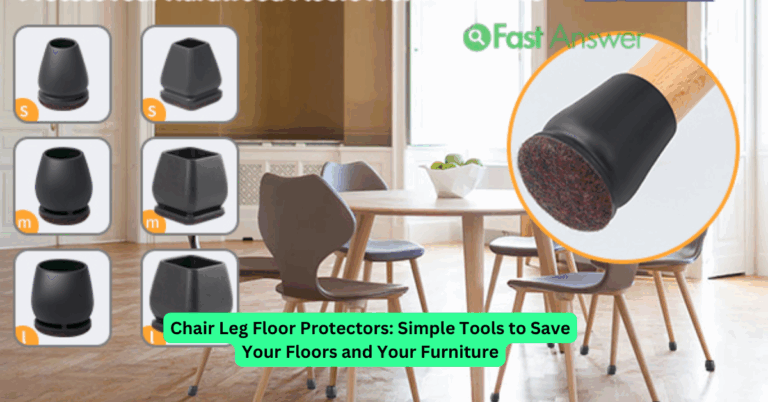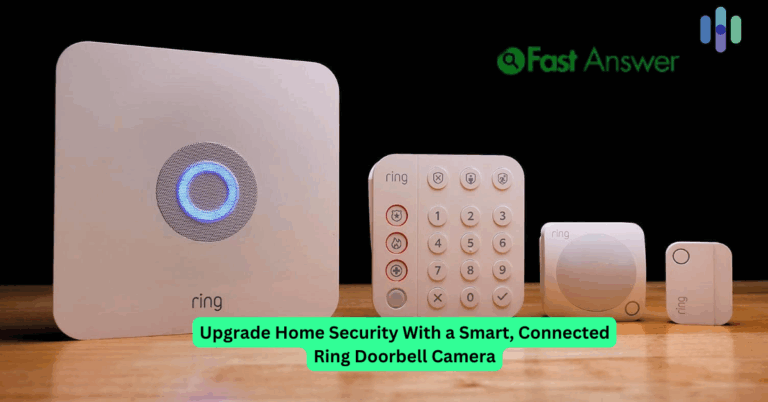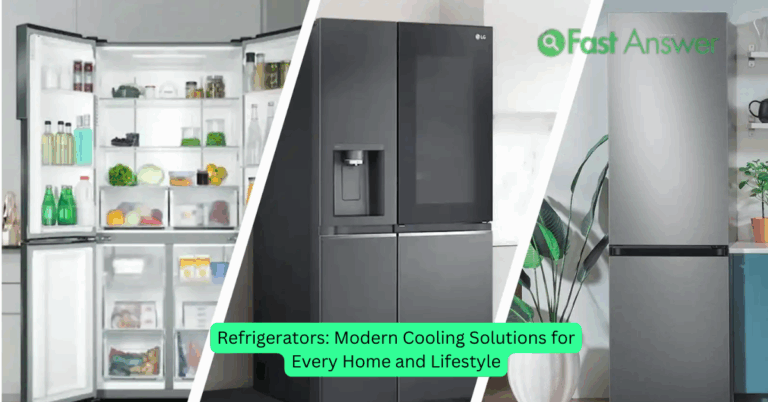Choosing the Best Water Heater for Your Home: A Comprehensive Guide
A water heater is one of the most essential appliances in any home, providing hot water for bathing, cooking, cleaning, and more. Choosing the right water heater can save you money, improve efficiency, and ensure consistent hot water supply for your household. With a wide variety of models, sizes, and technologies available, selecting the best water heater for your home can be overwhelming. Whether you’re replacing an old unit or installing a new one, this guide will help you navigate the options and make an informed decision that suits your needs, preferences, and budget.
Types of Water Heaters: Which One Is Right for You?
The first step in choosing the best water heater for your home is understanding the different types available. Each type has its own benefits, and the right one depends on your household’s water usage, energy preferences, and available space. Here are the most common types:
- Tank Water Heaters: The traditional option, tank water heaters store a large volume of water (usually between 30 and 80 gallons) and keep it heated for use when needed. These are ideal for homes with high hot water demand but may consume more energy because they continually heat water.
- Tankless Water Heaters: Also known as on-demand water heaters, these units heat water only when needed, providing an endless supply of hot water. While they have a higher upfront cost, they are more energy-efficient in the long run, as they don’t require a storage tank.
- Heat Pump Water Heaters: These energy-efficient systems work by transferring heat from the air or ground to heat water. They are more environmentally friendly and can reduce energy consumption by up to 50%, making them a great choice for those looking to save on utility bills.
- Solar Water Heaters: Powered by the sun, solar water heaters are environmentally friendly and can significantly reduce energy costs. They are more common in regions with abundant sunlight and can be paired with a backup heater for cloudy days.
- Point-of-Use Water Heaters: Smaller, tankless heaters installed near water fixtures (such as sinks or showers) for immediate hot water. These are ideal for bathrooms or kitchens where hot water demand is isolated to a small area.
Each type of water heater comes with its own set of advantages and disadvantages, depending on your specific needs.
Energy Efficiency: Saving Money and the Environment
Energy efficiency is one of the most important factors to consider when choosing a water heater. Not only does an energy-efficient unit save you money on your utility bills, but it also helps reduce your carbon footprint.
- Energy Star Ratings: Look for models with an Energy Star rating, which indicates that the appliance meets high efficiency standards. These units use less energy, helping you save money while minimizing environmental impact.
- Energy Efficiency in Tank vs. Tankless Models: Tankless water heaters are typically more energy-efficient than traditional tank models because they heat water only when needed, whereas tank heaters constantly heat and store water. However, the upfront cost of tankless models is higher, so consider how much hot water your household uses before making a decision.
- Heat Pump Efficiency: Heat pump water heaters are highly energy-efficient, using less electricity than conventional water heaters by transferring heat from the air or ground. While they can be more expensive initially, the savings on energy bills make them a cost-effective option in the long run.
Choosing an energy-efficient water heater will help reduce both your monthly bills and your overall environmental impact.
Sizing the Right Water Heater: Meeting Your Household’s Needs
One of the most critical factors in choosing the best water heater is selecting the right size for your home. A unit that is too small will struggle to meet your hot water demand, while one that is too large will waste energy. To determine the ideal size, consider the following:
- For Tank Water Heaters: A 30-40 gallon tank is typically suitable for smaller households (1-2 people), while a 50-60 gallon tank is better for medium-sized homes (3-4 people). Larger families may need a 75-80 gallon tank.
- For Tankless Water Heaters: Tankless models are rated based on the flow rate (measured in gallons per minute or GPM) and the temperature rise (the difference between incoming water temperature and the desired output temperature). Make sure the flow rate meets your household’s needs—generally, 3-5 GPM is sufficient for most homes.
- For Heat Pump and Solar Water Heaters: These models tend to have slightly higher capacity requirements than traditional units, as they rely on external heat sources. Consulting with a professional installer can help ensure proper sizing for these systems.
Understanding your household’s water usage is key to selecting the right unit that provides consistent hot water without wasting energy.
Installation and Maintenance: What You Need to Know
Once you’ve chosen the right water heater, it’s time to consider installation and maintenance. Proper installation ensures optimal performance and energy efficiency, while regular maintenance keeps your unit running smoothly for years.
- Installation: While some smaller water heaters can be installed by homeowners, most models—especially large tank or complex systems—require professional installation. Improper installation can lead to safety hazards, reduced efficiency, or a voided warranty.
- Maintenance: Regular maintenance is essential for extending the life of your water heater. For tank water heaters, this includes flushing the tank annually to remove sediment buildup, inspecting the anode rod, and checking for leaks. For tankless units, periodic descaling and cleaning are necessary to prevent mineral buildup and ensure the system operates efficiently.
Choosing a reliable professional for installation and committing to regular maintenance will ensure that your water heater functions optimally and lasts longer.
Budget and Cost Considerations: Balancing Upfront and Operating Costs
The cost of a water heater is a significant factor in the decision-making process. While some units have a higher initial price tag, they may offer long-term savings through energy efficiency. Consider the following costs:
- Upfront Costs: Tank water heaters are generally less expensive than tankless or heat pump models. However, tankless water heaters have a longer lifespan and lower operating costs, making them a good investment over time.
- Operating Costs: Energy-efficient models, such as heat pump and tankless water heaters, tend to have lower operating costs, even though they may have higher upfront prices. Solar water heaters can have high installation costs but offer significant savings in energy bills over time.
- Incentives and Rebates: Many governments offer rebates or tax incentives for the installation of energy-efficient water heaters, including solar-powered models. Be sure to check for any available incentives that may help reduce your upfront costs.
Balancing the upfront cost with long-term savings is key to selecting the best water heater for your budget.
FAQs
Q1: How do I know if my water heater is too old?
Most water heaters last 10-15 years. If your water heater is more than 10 years old, shows signs of leakage, or is making unusual noises, it may be time to replace it.
Q2: Can I install a tankless water heater myself?
While some tankless models can be installed by experienced DIYers, most require professional installation due to their complexity and electrical or gas connections.
Q3: Are heat pump water heaters worth the investment?
Yes, heat pump water heaters are highly energy-efficient and can save you a significant amount on your utility bills over time. However, they may have a higher initial cost.
Q4: How can I improve the efficiency of my water heater?
You can improve efficiency by ensuring regular maintenance, insulating the tank, and setting your thermostat to a moderate temperature (120°F is recommended).
Q5: Do solar water heaters work in all climates?
Solar water heaters are most effective in sunny regions, but they can still be used in colder climates with a backup heating system.


